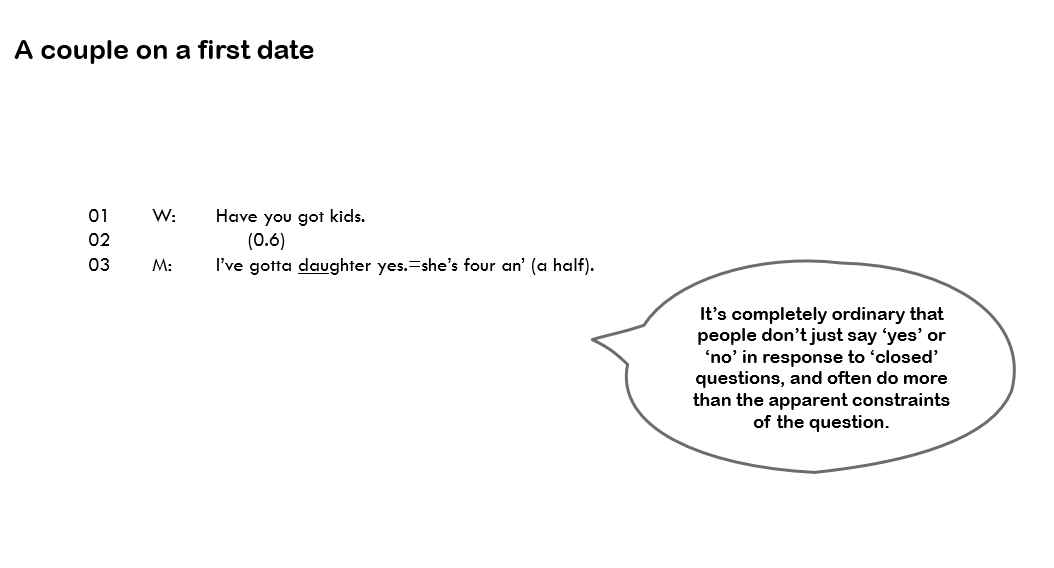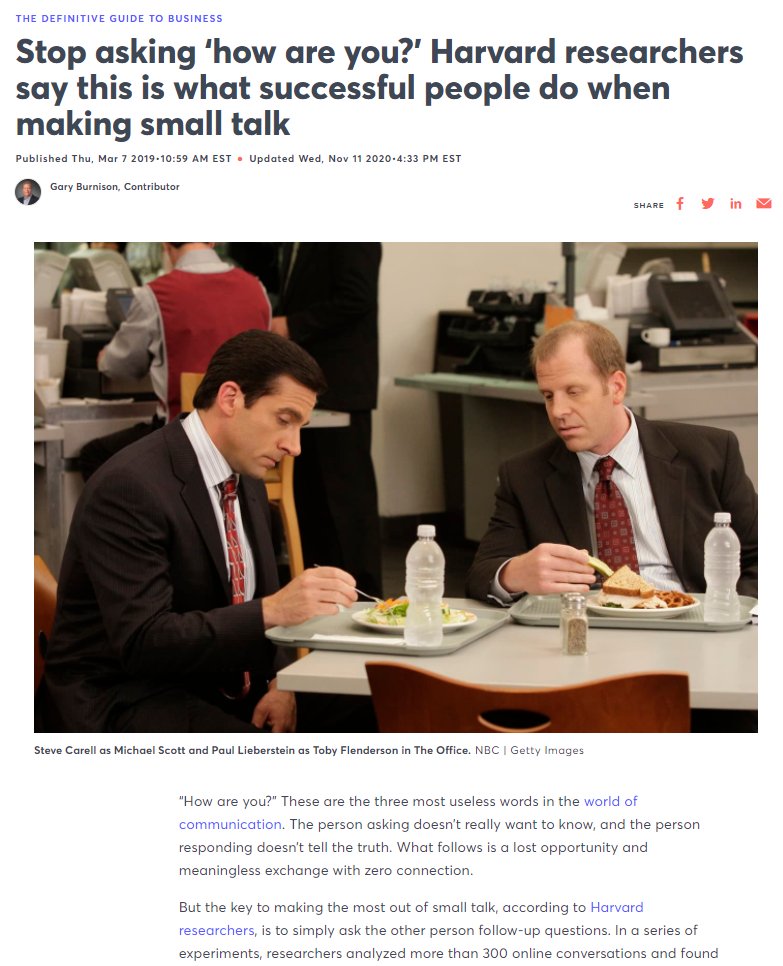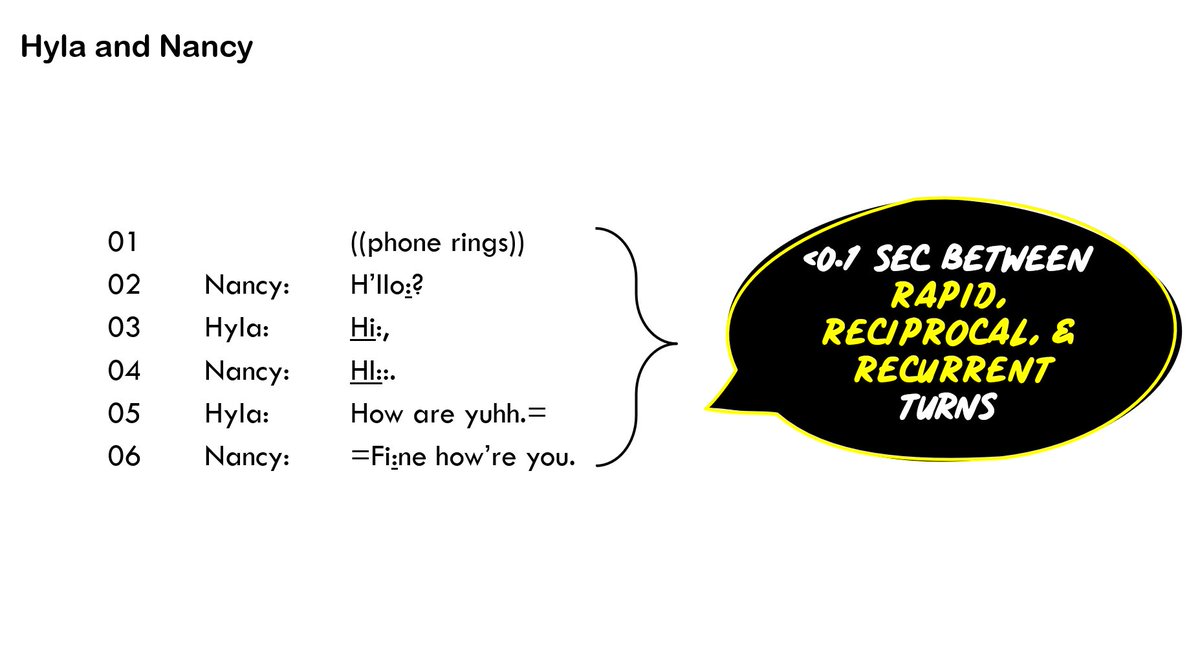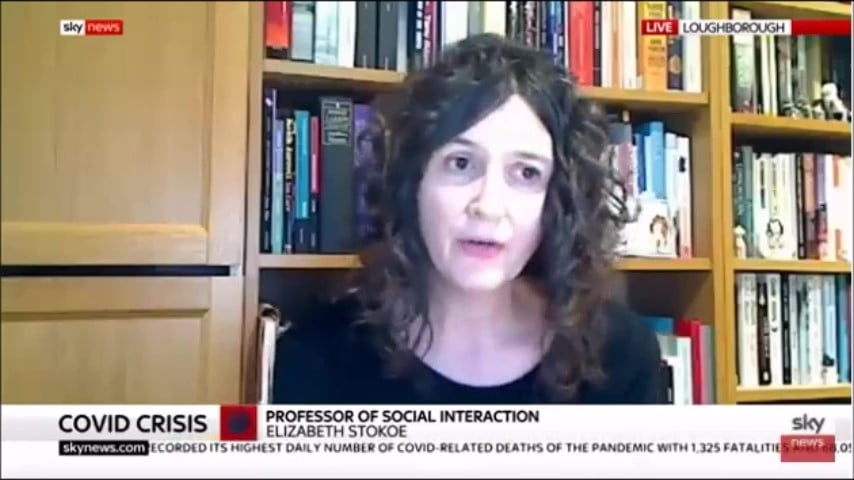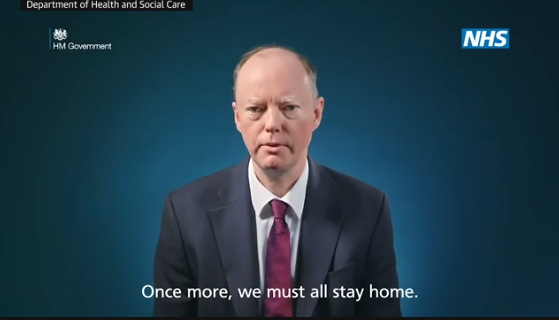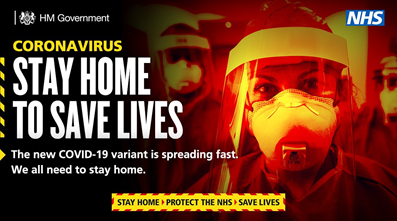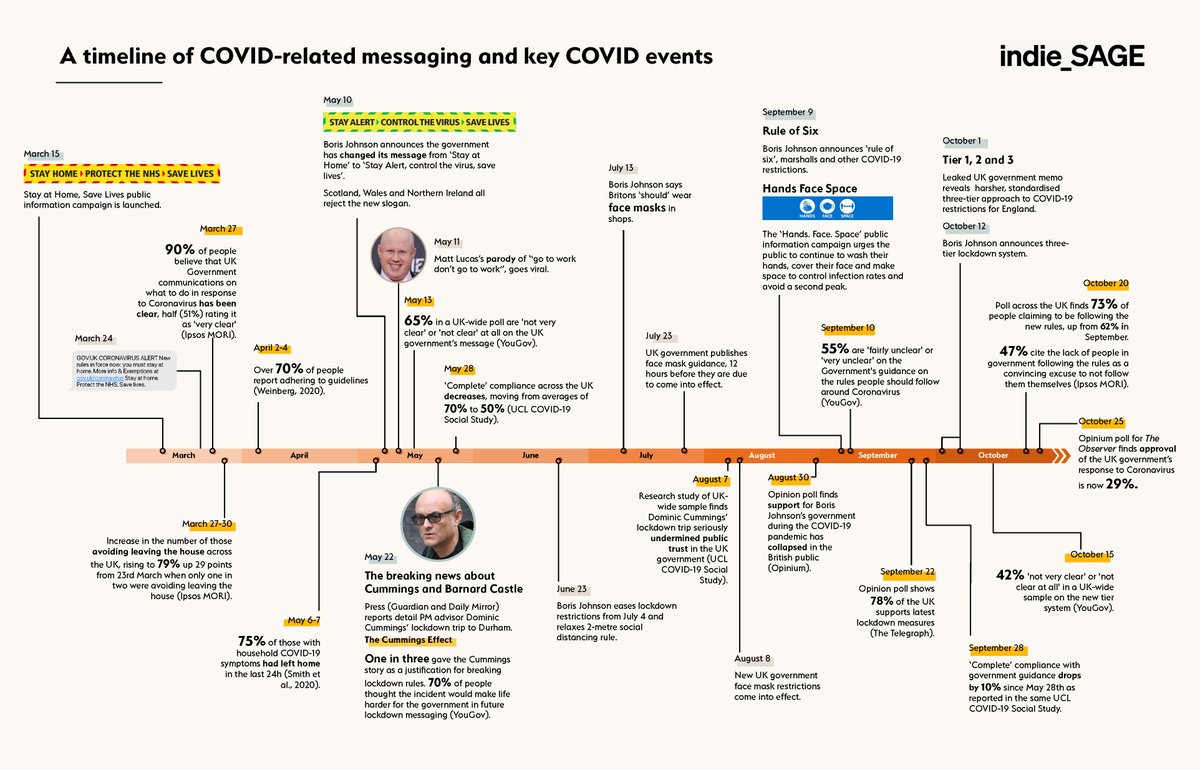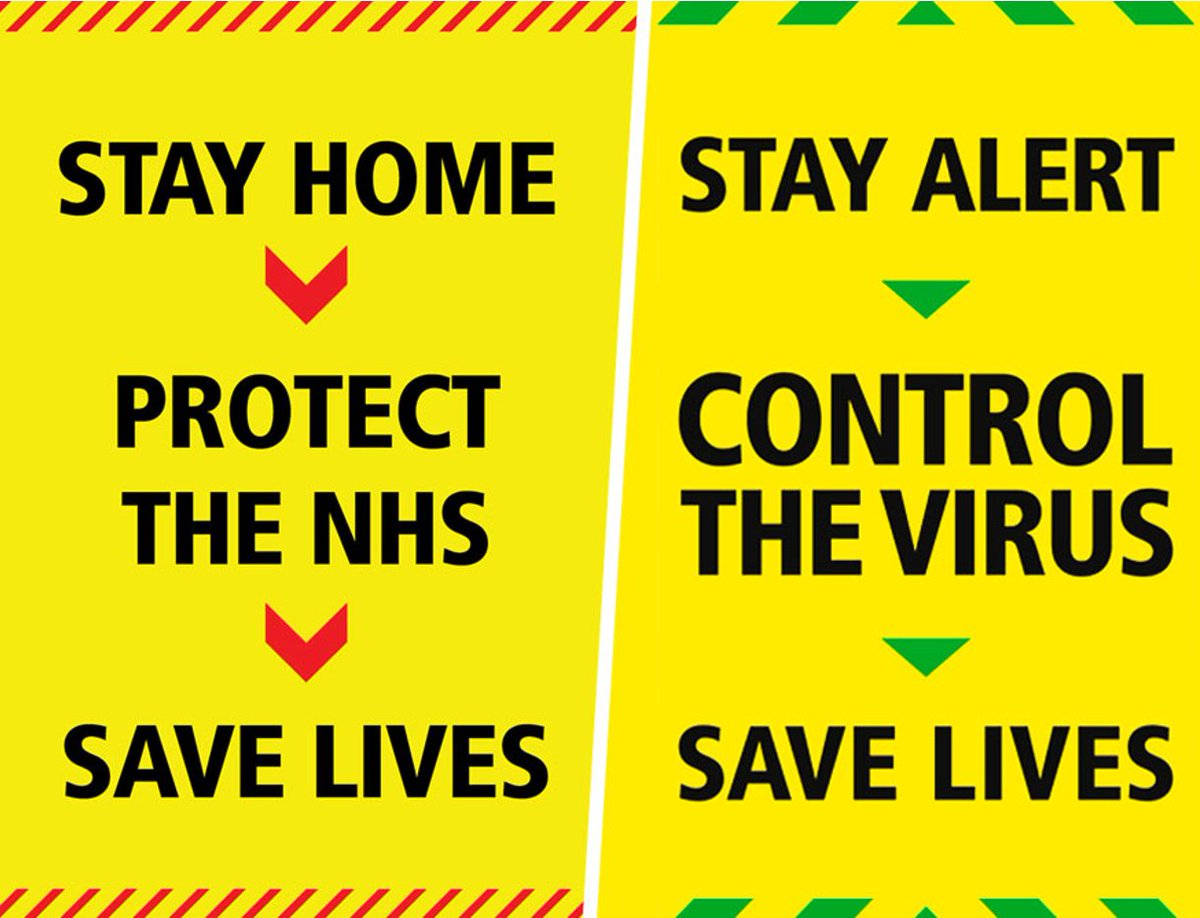
Stop. Building. Rapport.
'Build rapport' is at the heart of #communication skills training and #CX
It's obviously good to have good conversations, but what does ‘building rapport’ look like ‘in the wild’ – and does it 'work'?
1. Thread. 🧵
'Build rapport' is at the heart of #communication skills training and #CX
It's obviously good to have good conversations, but what does ‘building rapport’ look like ‘in the wild’ – and does it 'work'?
1. Thread. 🧵
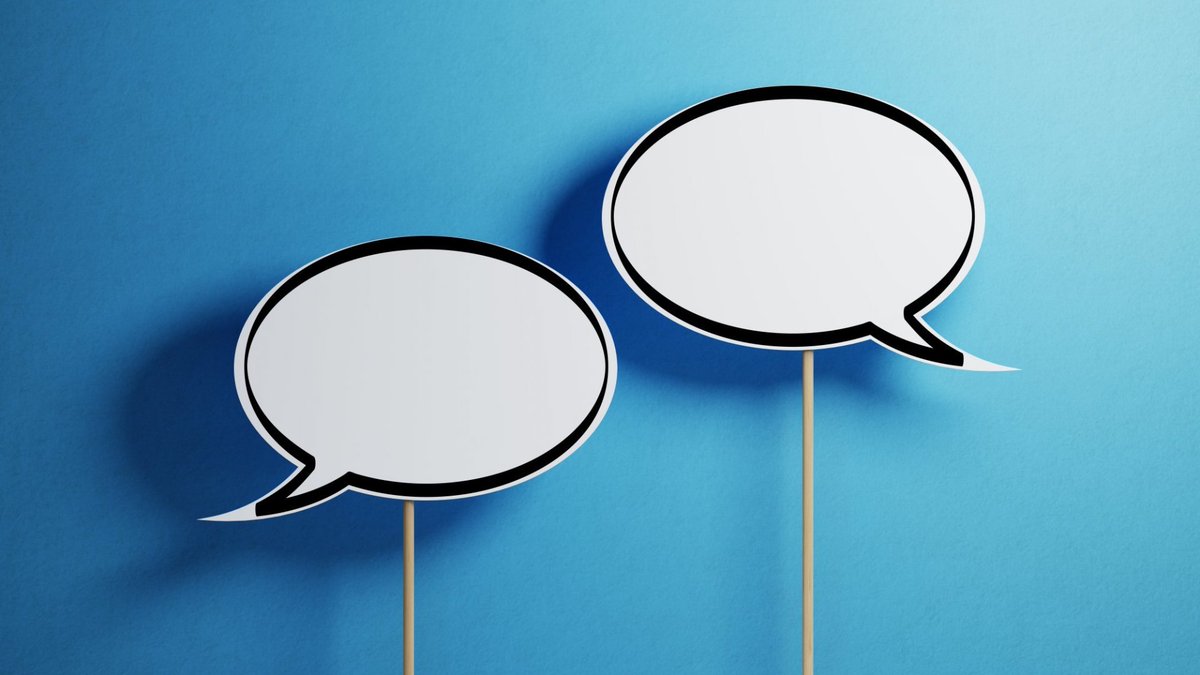
2. What actually counts as rapport building – in terms of words and phrases and 'tone of voice' – is "amorphous” and “nebulous”, says G.B. Rubin (2016) in her thesis on crisis #negotiation
'Active listening' and related concepts sound good but they're also imprecise.
'Active listening' and related concepts sound good but they're also imprecise.

3. One common piece of advice (and instruction) to ‘build rapport’ is to ask, “how are you today?”
‘How are you’ have also been called “the three most useless words in the world of communication"🤔
Let’s have a look at some salespeople ‘building rapport’ in #B2B conversations.

‘How are you’ have also been called “the three most useless words in the world of communication"🤔
Let’s have a look at some salespeople ‘building rapport’ in #B2B conversations.
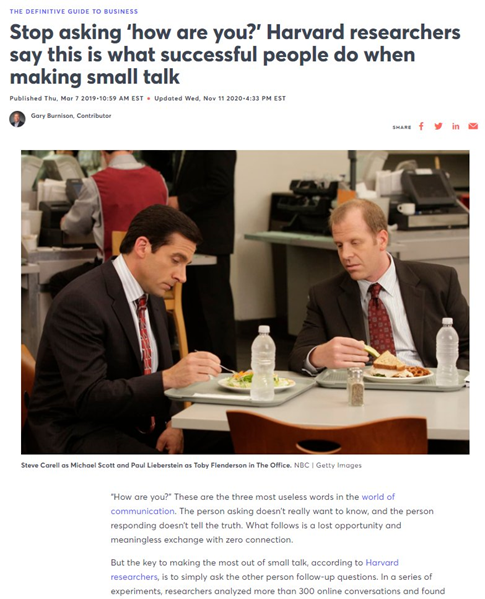

4. This is a 'cold' telephone call between a salesperson and prospective client from a series of studies by me, @BogdanaHuma & @rein_ove.
The goal is to get an appointment with a new client. The salesperson responds to a non-existent "how are you" from the prospective client 🙄
The goal is to get an appointment with a new client. The salesperson responds to a non-existent "how are you" from the prospective client 🙄
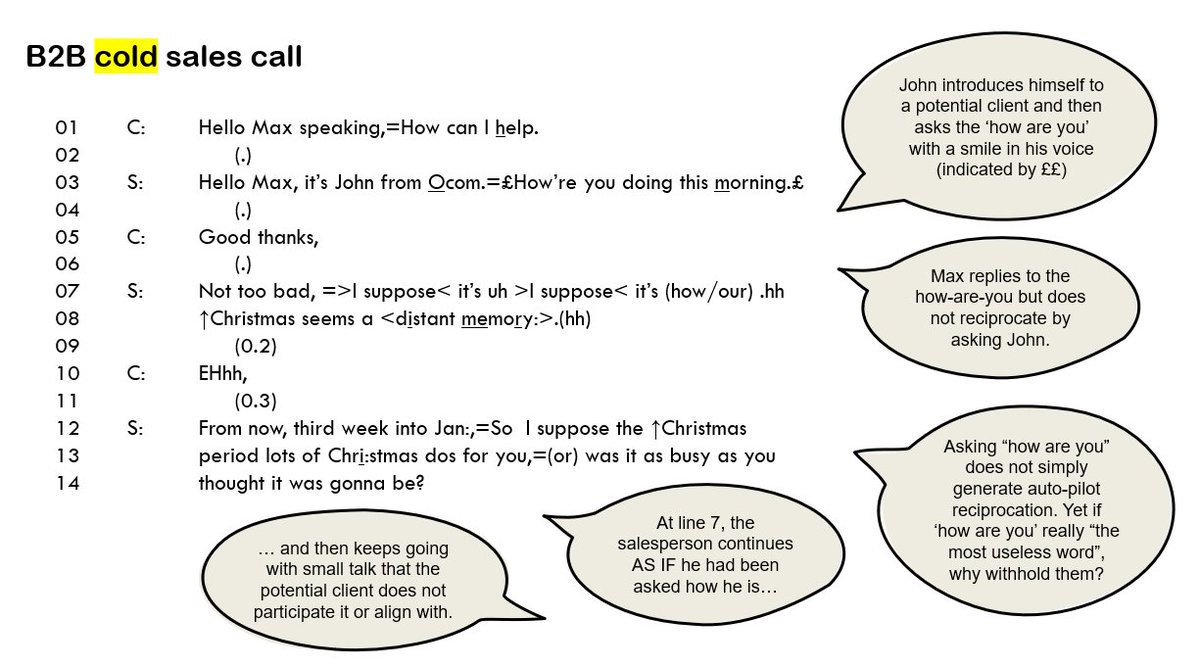
5. Here's another #B2B sales call that looks very similar. The salesperson isn't listening. The prospective client doesn't want to 'build rapport'. 
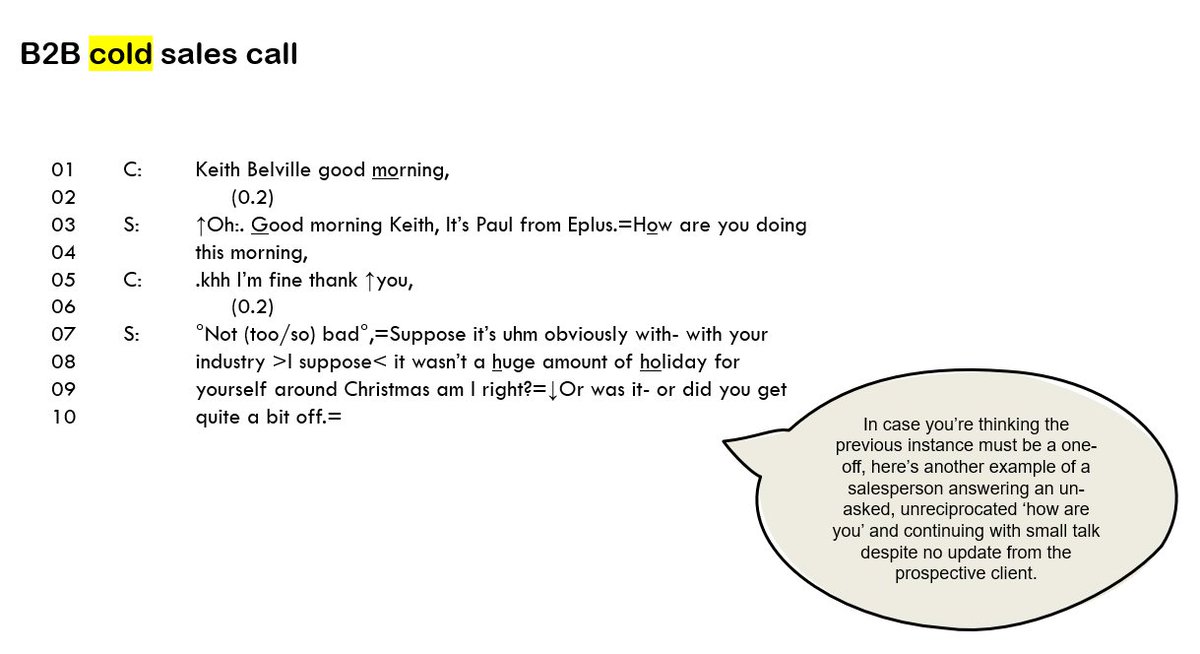
6. In this #B2B call, the salesperson IS listening. He hears the lack of reciprocation from the prospective client (who does not ask 'how are you' in return) and moves to the reason for calling - and gets the appointment in the end. 

7. In this case the call is between a salesperson and an EXISTING client – someone that he doesn’t need to ‘build rapport’ with. He doesn’t ask ‘how are you’ and gets straight to business. But, as he is talking to someone he knows, the client expects to exchange ‘how are yous’ 😬 
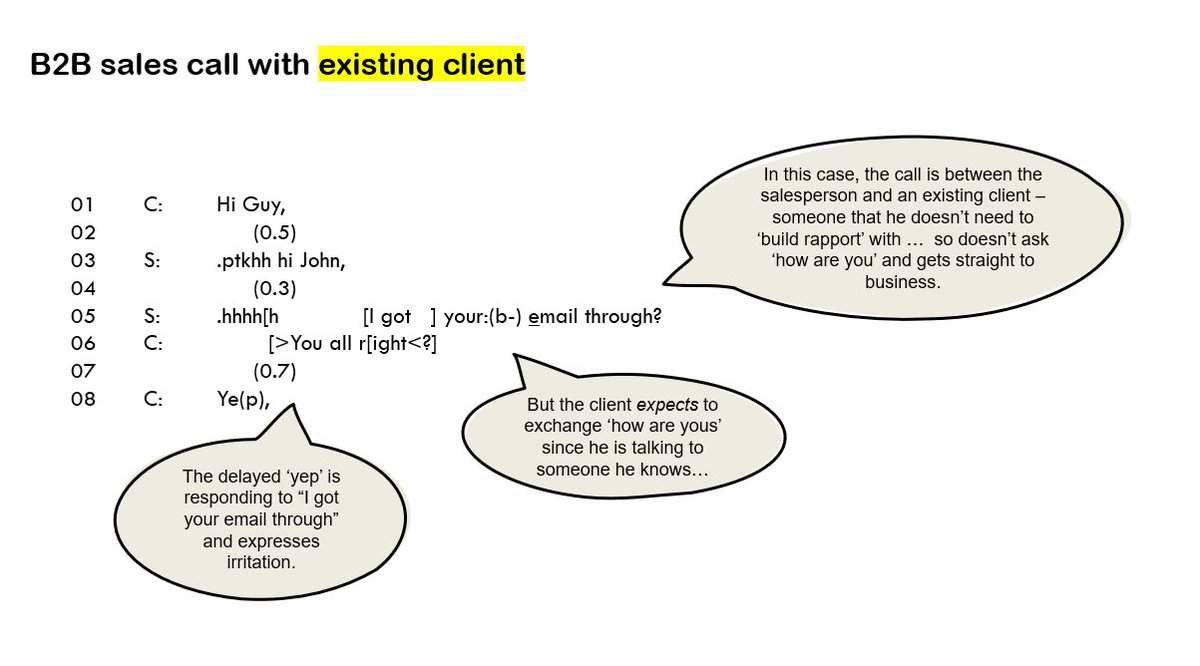
8. Asking someone you have not previously encountered “how are you today” does not build rapport.
Like the previous #B2B cold calls, this university call-taker replies (after a delay) to the student's “how are you” but does not return the question.
Like the previous #B2B cold calls, this university call-taker replies (after a delay) to the student's “how are you” but does not return the question.
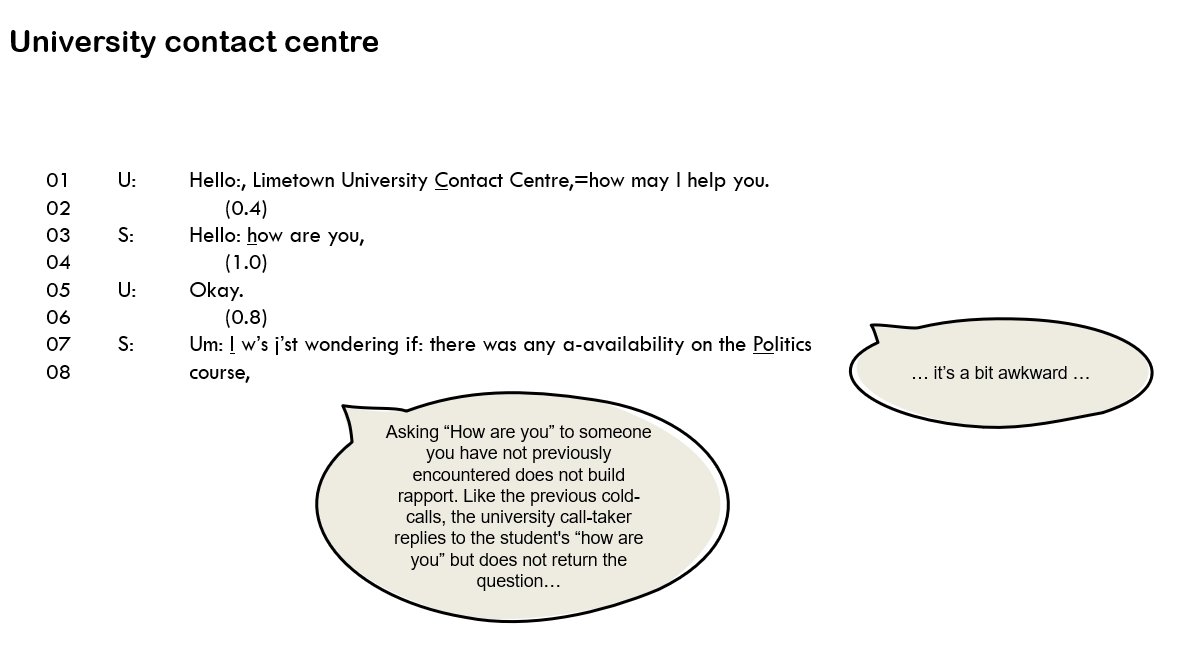
9. Here’s a thread on why the statement that that ‘how are you’ are “the three most useless words in the world of communication” is wrong.
But 'how are you' doesn't ‘build rapport’ either - because you can’t build rapport on your own 🗨️🗨️
But 'how are you' doesn't ‘build rapport’ either - because you can’t build rapport on your own 🗨️🗨️
https://twitter.com/LizStokoe/status/1365025146122215427
10. It’s not just salespeople who both try to build rapport and don’t listen properly. Here’s a call to the vet’s. The caller wants to know how much it would cost to get injections for her puppy. While some pet owners want lots of "puppy chat", this one just wants the price... 

11. ... as we (@MagnusHamann) show, the call goes *on and on and on* before getting to a price. And just because the caller says "brilliant" and "lovely" doesn't mean things are "brilliant" or "lovely" and the caller turns down an appointment when offered.
No rapport built.
No rapport built.
12. In fact, ‘building rapport’ can take just ONE turn.
Here’s two ways that a customer gets to use a café’s WiFi. In both cases, the café has WiFi so the outcome is the same. But in one, the customer has to push the request, while in the other, they don't even have to ask.
Here’s two ways that a customer gets to use a café’s WiFi. In both cases, the café has WiFi so the outcome is the same. But in one, the customer has to push the request, while in the other, they don't even have to ask.
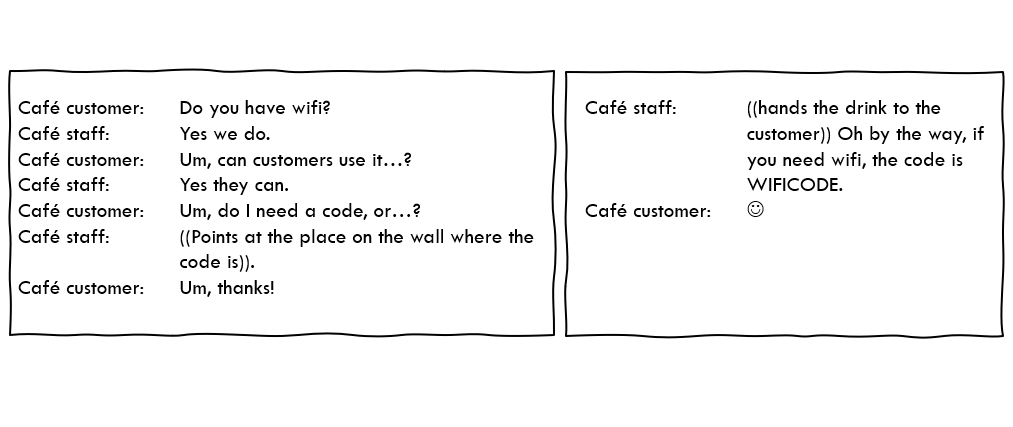
13. In our research on crisis negotiation, @rein_ove and I found that explicit expressions of 'care' were often rejected the persons in crisis ("You don't care, you're just doing your job"). In this case, behind-the-scenes advice to express care does not go well. 
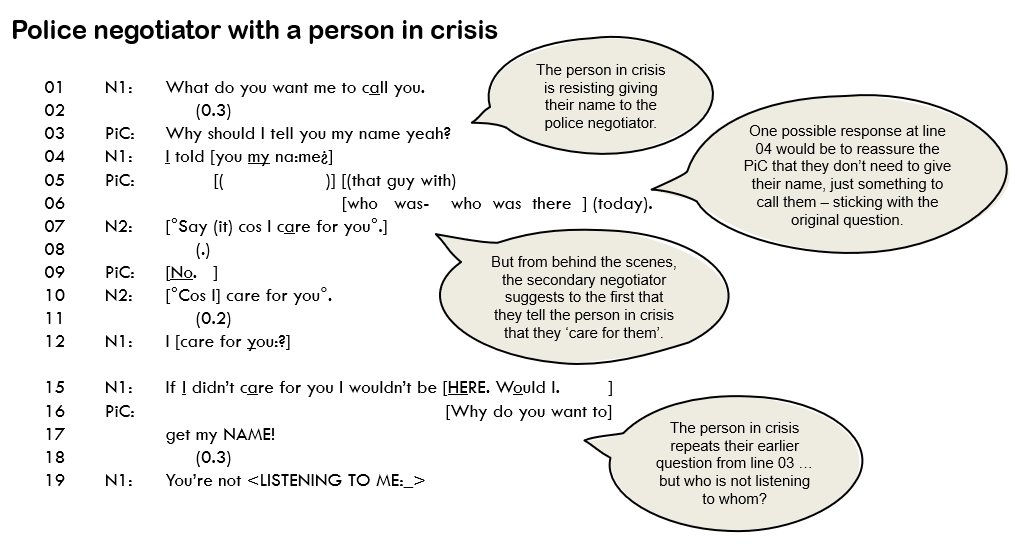
14. Yet, in this final example, the negotiator can ONLY risk saying to the person in crisis that she's "talking to him cos she has to" because she really does 'have rapport'. Moments later, the person in crisis comes down safely. 

15. In sum:
It’s obvious when someone is doing ‘building rapport.’ People can spot it a mile off.
'Rapport' is the OUTCOME of an effective encounter.
And it is RECIPROCAL - you can't 'have rapport' on your own.
#EMCA
It’s obvious when someone is doing ‘building rapport.’ People can spot it a mile off.
'Rapport' is the OUTCOME of an effective encounter.
And it is RECIPROCAL - you can't 'have rapport' on your own.
#EMCA
• • •
Missing some Tweet in this thread? You can try to
force a refresh









